The e-commerce industry has steadily been rising these past few years and the COVID-19 global pandemic has only served to skyrocket its growth. This year, online sales are predicted to reach over $4.13 trillion – purchases made by more than two billion customers around the globe.
With these astronomical figures, it isn’t surprising that businesses today are increasingly making moves to digitize their operations. Retail brands like Zara and H&M have decided to shut down thousands of their physical stores across the world, in a bid to refocus their efforts on e-commerce. Meanwhile, their counterpart, Forever 21, was recently forced to declare bankruptcy after they failed to innovate and embrace the online migration.
It’s clear that the e-commerce industry will continue to see massive growth in the next few years. However, this doesn’t mean that companies and retailers will find it easy to shift their operations online. More importantly, they will undoubtedly face a slew of obstacles once their digital storefronts are up and running.
Here are a few challenges that businesses of all sizes will have to overcome if they want to thrive in the cutthroat world of e-commerce.

Threats to Cybersecurity
The rise of the Digital Age has brought to the table a ton of advantages. Remote work and the automation of practically everything are all things that we can enjoy today, thanks to the advancements made on the Internet and in technology. Unfortunately, though, it has also resulted in malicious actors who are willing to stop at nothing just to get what they want.
“Small businesses that focus their attention in the e-commerce space need policies and procedures to create a solid cybersecurity framework for the organization,” explains Victor Congionti, the Co-Founder and Chief Information Officer at Proven Data. “In the case of a cyberattack, a small business cannot afford to have downtime in operations and sales because every transaction is a marginal financial success that the business depends on.”
Payment methods, inventory management, and order tracking are just some of the many things that could be compromised in the event of a cyberattack. More than that, though, data and other personal information from their customer database could also be stolen, later sold on the black market to buyers with even more nefarious intentions.
Needless to say, these scenarios would prove to be catastrophic for any business.

More Complicated Search Engine Optimization
Search Engine Optimization (SEO) used to about making sure that the right keywords are in the right places. However, this has become increasingly complex in the past few years. Today, Google’s algorithms are much stricter, focusing on factors other than keywords.
For instance, SEO nowadays also takes into consideration the performance of a particular website. If a page takes too long to load or isn’t mobile-friendly, then they will definitely score lower on the rankings, even if their keywords are relevant and placed well. These changes will continue to evolve in the next few years, which is why those in the e-commerce industry will have to stay on top of any new developments and trends.
Additionally, people are increasingly using their voice-controlled personal assistants like Siri to search the web, which means that online shops will also have to consider how adaptable their pages are to voice search optimization. Failing to embrace this would result in lower search engine rankings and it won’t be long before they’re buried by the competition.

Competition from Established Platforms
Websites like Shopify and Oberlo have certainly done their fair share of eliminating the industry’s barriers to entry, allowing entrepreneurs and businesses to launch an online store within minutes. However, this sector is still dominated by names like Amazon and AliExpress, both of which are backed by investors with seemingly limitless pockets.
Thousands of products are available on these global marketplaces and usually at incredibly low prices. Unfortunately, they make up the bulk of the competition that businesses will have to face if they want to succeed online. To add to that, even brands that are already operating digital storefronts on these platforms will be forced to compete among themselves.
“While it would be nice to say that any store can compete with Amazon, it’s just not the case,” writes digital marketing guru Neil Patel. “Even the biggest brands out there have a hard time slowing down Jeff Bezos and his master plan to take over the e-commerce universe.”
Competition in the business landscape is tough enough as it is, but add Amazon and their millions of third-party sellers to the mix and it starts to seem downright impossible. Because of this, brands looking to make it in the e-commerce industry will have to ensure that they’re prepared to participate in this ruthless and competitive world.

Omnichannel Customer Experience
Thanks to the Digital Age, customers today are shopping online and engaging with brands through multiple channels. For instance, they may purchase your products on your website but will reach out to a customer service representative through your Instagram page or a messaging platform.
The existence of these many touchpoints is a challenge that online businesses will undoubtedly face as the e-commerce industry continues to grow. Besides delivering a seamless customer experience across every single platform that they’re in, they will also have to identify which channels are important to their target market.
“Increasingly, consumers expect the retailers they do business with to offer a seamless omnichannel experience,” says Rieva Lesonsky, the CEO of SmallBizDaily.com. “The fact is consumers have endless choices of where and how to shop these days, and if you don’t meet their expectations and offer convenient solutions, they will find one of your competitors who will.”
Some customers expect support staff to reach out to them by email while others favor the convenience of in-app messaging. Businesses migrating online will have to determine these preferences and ensure that these are delivered consistently.

Abundance of Data
The highly-advanced tools and technologies that we have at our fingertips have given businesses of all sizes the opportunity to gather in-depth information about their operations and their customers. Data on practically everything – from the Facebook pages that their target market frequents to why website visitors abandon their shopping carts – can be delivered in real-time to companies.
However, our world today generates a staggering amount of data nearly every minute, which can make it challenging for businesses to determine which ones are actually relevant to their goals. More importantly, simple data is useless; rather, what businesses need to thrive in the e-commerce industry is actionable data – or, data that tells them what to do and when to do it.
“The explosion of digital technology and big data has changed the game for e-commerce marketers, and data-driven marketing is now a necessity for online retailers who want to retain their competitive edge,” writes Erika Brookes. “Still, many online retailers struggle to turn their data into actionable insight.”
Generating and collecting data won’t be a challenge for businesses in the years to come, due to the many technologies available that do just that. Instead, they’ll have to resolve the problem of turning this data into something useful – something that can be applied to improve their operations, taking them to greater heights of success.
The growth of the e-commerce industry has undoubtedly caused a slew of opportunities for businesses everywhere. However, it also comes with several challenges. These will all have to be overcome by those who want to survive in the competitive world of online selling.


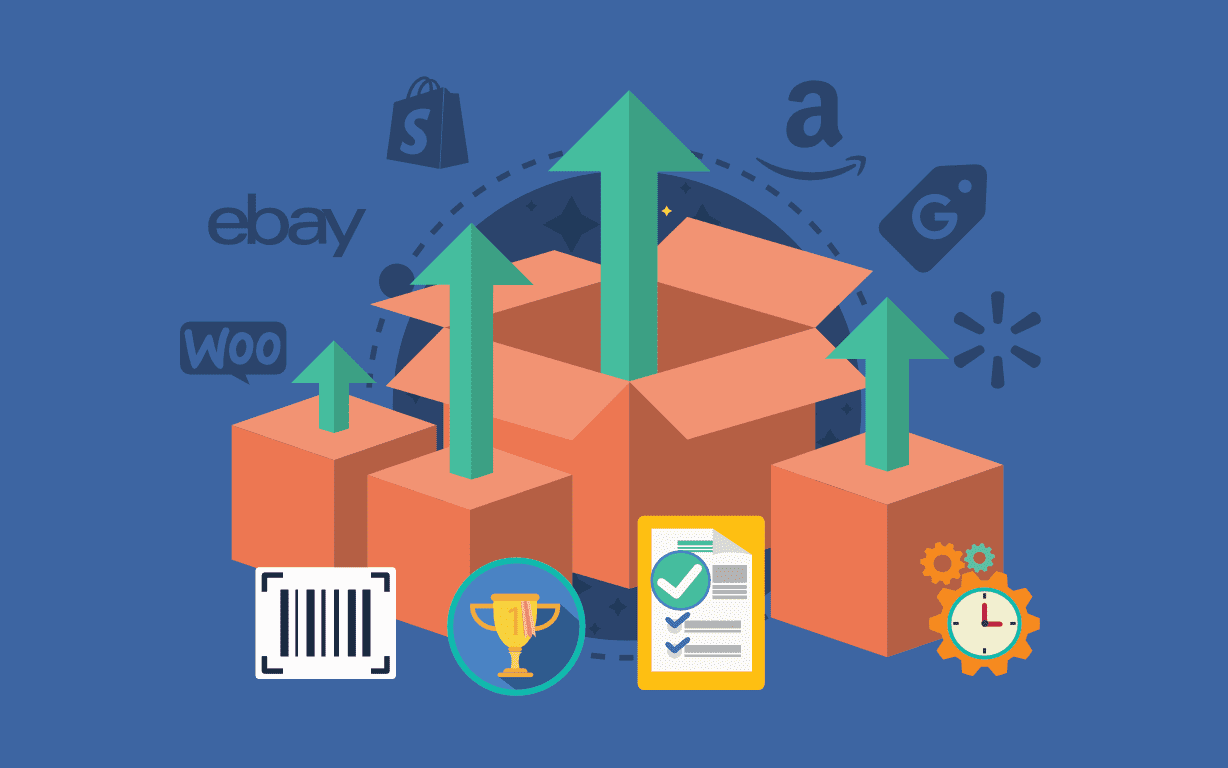
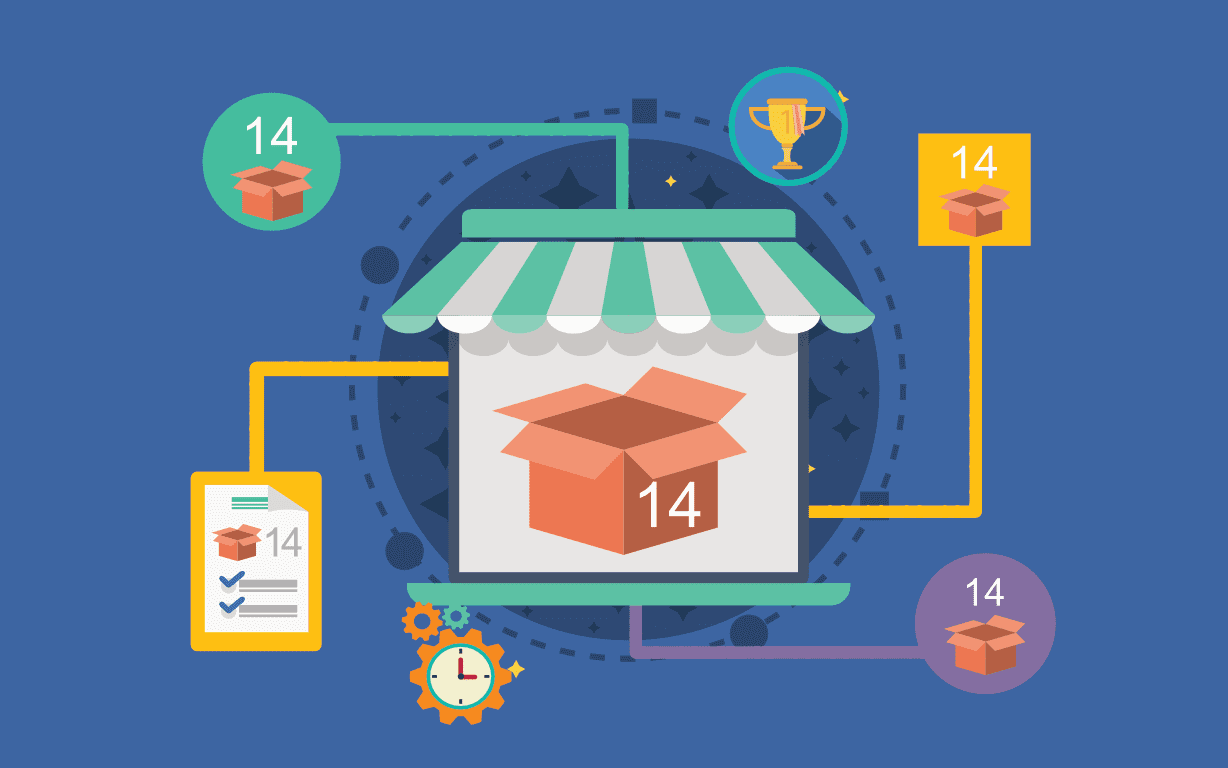
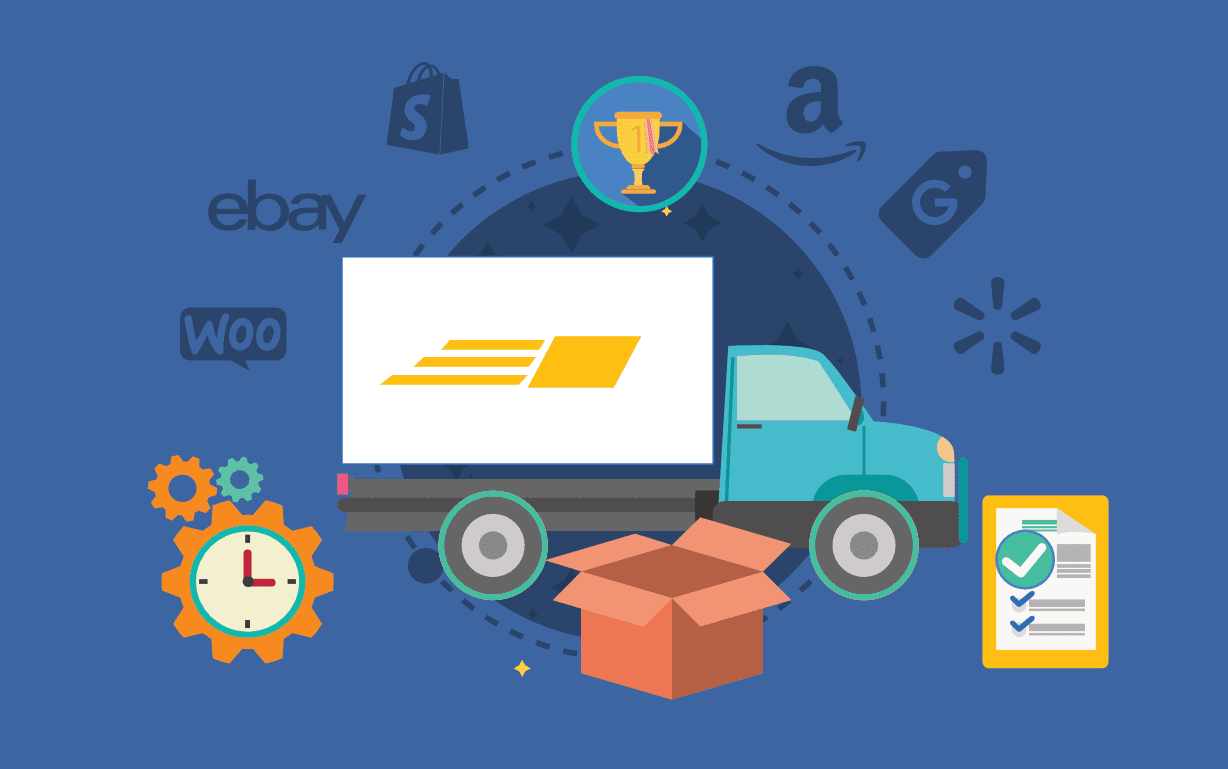
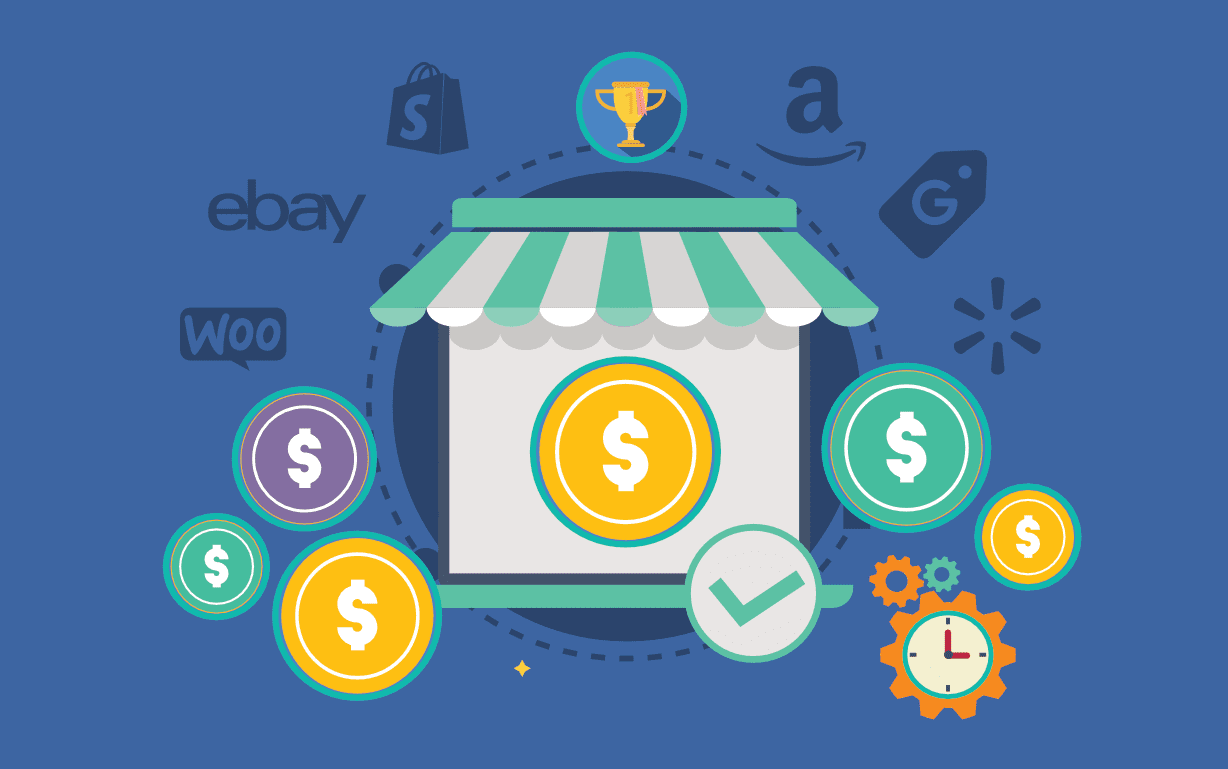
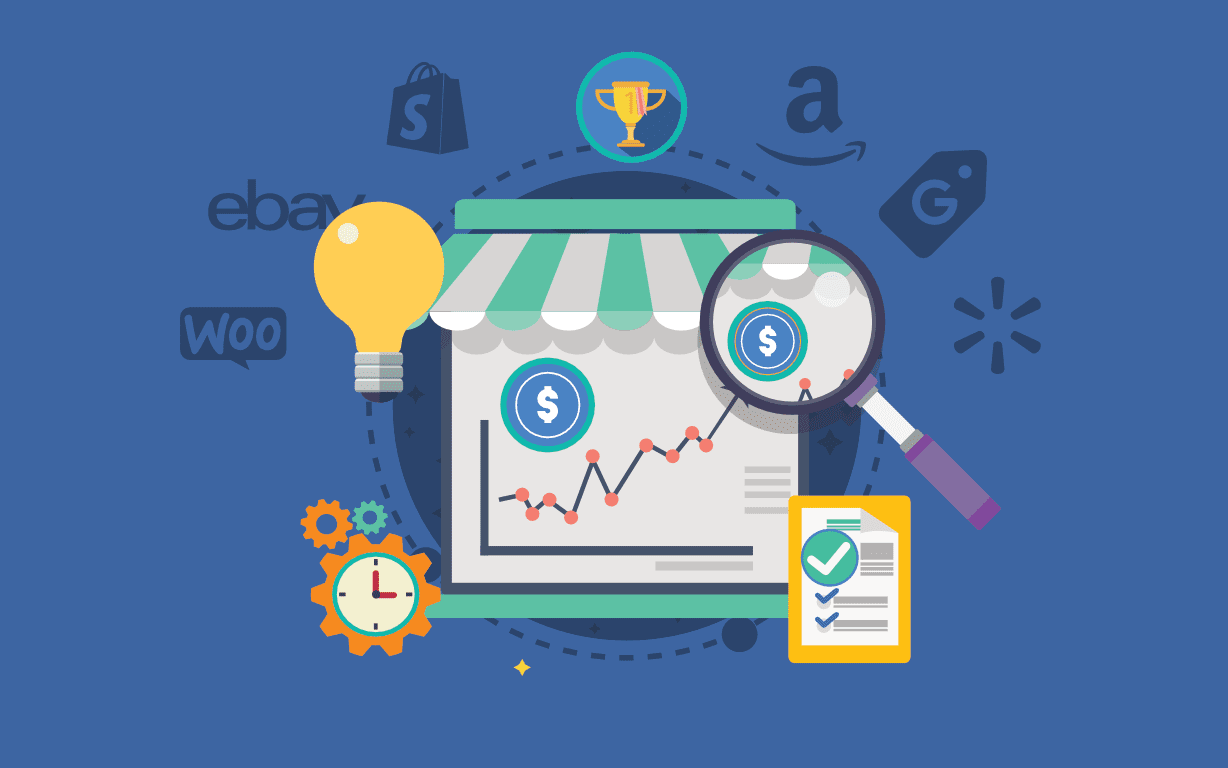
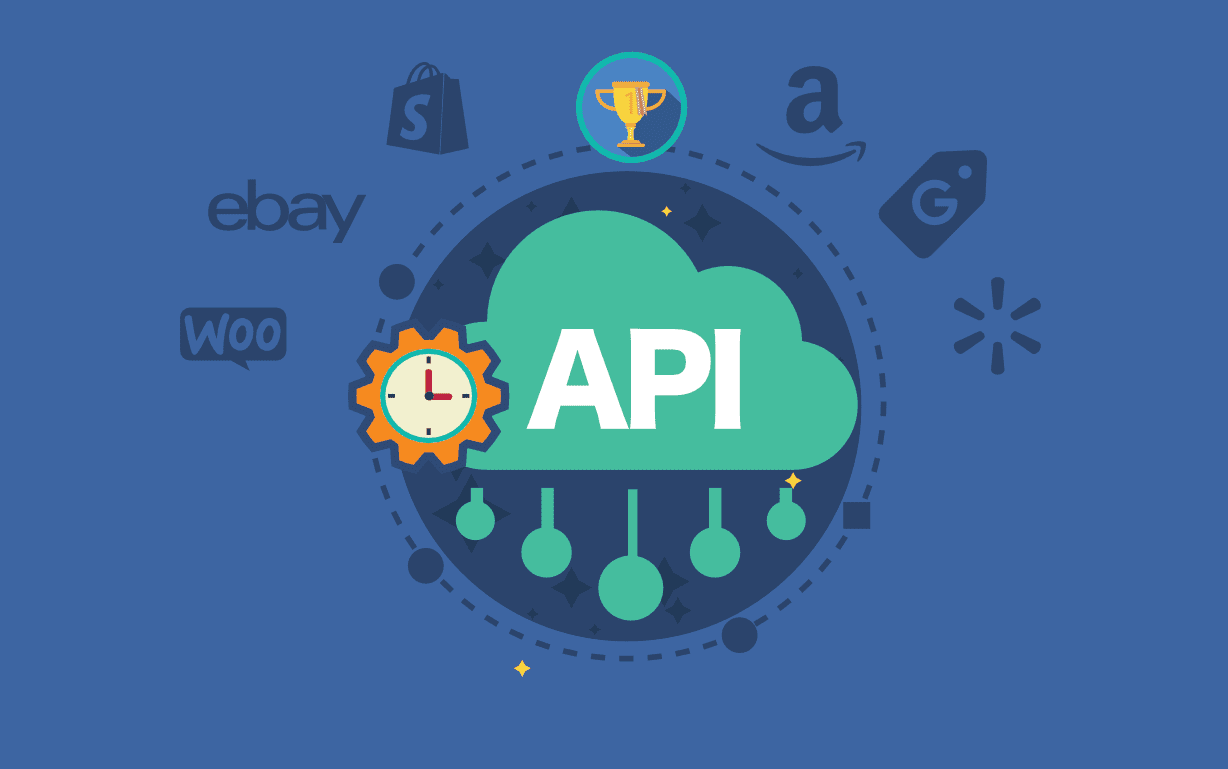



![Best Rated E-Commerce Automation Platforms and Tools [Updated]](https://sellerchamp.com/wp-content/uploads/2025/06/image4-1-600x315.png)




